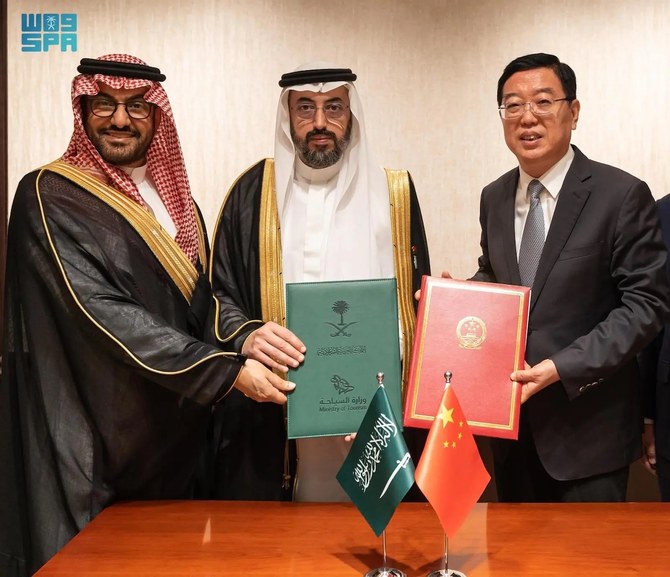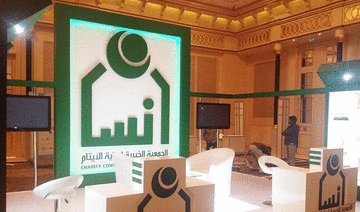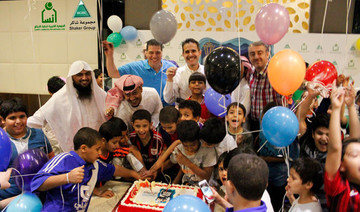RIYADH: Saudi Arabia was officially granted Approved Destination Status by China on Tuesday, allowing Chinese citizens to travel to the Kingdom on group tours, the Saudi Press Agency reported.
A signing ceremony took place in Beijing in the presence of Saudi Ambassador to China Abdulrahman bin Ahmed Al-Harbi, Saudi Tourism Authority CEO Fahd Hamidaddin, and China’s Vice Minister of Culture and Tourism Du Jiang.
The agreement will boost connectivity between the two countries and open opportunities across the tourism sector, the SPA added.
Saudi Tourism Minister Ahmed Al-Khateeb said: “Underpinned by China’s Belt and Road Initiative and Saudi Arabia’s Vision 2030, a historic reform blueprint aimed at driving forward meaningful economic and social development, China and Saudi Arabia are unlocking limitless opportunities and driving forward mutually beneficial collaboration.
“The ADS status is expected to significantly boost inbound travel from China, creating greater ease of access needed to reach Saudi Arabia’s target of attracting 3 million Chinese tourists by 2030.
“Today signifies the culmination of months of dedicated efforts between our nations, encapsulating our enduring and historic bilateral relations, which are built on the foundation of shared vision and mutual interests.”
Du said: “Our decades of close bilateral bonds have shown that our nations share a deep appreciation for each other’s rich and diverse culture and are committed to fostering mutual understanding and respect.
“ADS, with its potential to enhance people-to-people exchanges and dialogue, is a testament to this shared vision.”
Hamidaddin said that the Kingdom’s Tourism Authority was collaborating with partners to expedite the expansion of aviation connectivity between China and Saudi Arabia.
He added: “We are also streamlining our visa services, offering e-visas in just under three minutes and visas on arrival. Additionally, we have integrated Chinese payment solutions like UnionPay to facilitate seamless payment for Chinese travelers.
“Offering over 162 bespoke products to the Chinese market, STA looks forward to deepening our collaboration with Chinese online travel agencies and companies.
“Together, Saudi Arabia’s tourism sector is poised to deliver extraordinary experiences, fueled by a commitment that knows no bounds.”
The Kingdom’s flag carrier Saudia has recently launched new direct flights to Beijing from Jeddah and Riyadh.






























